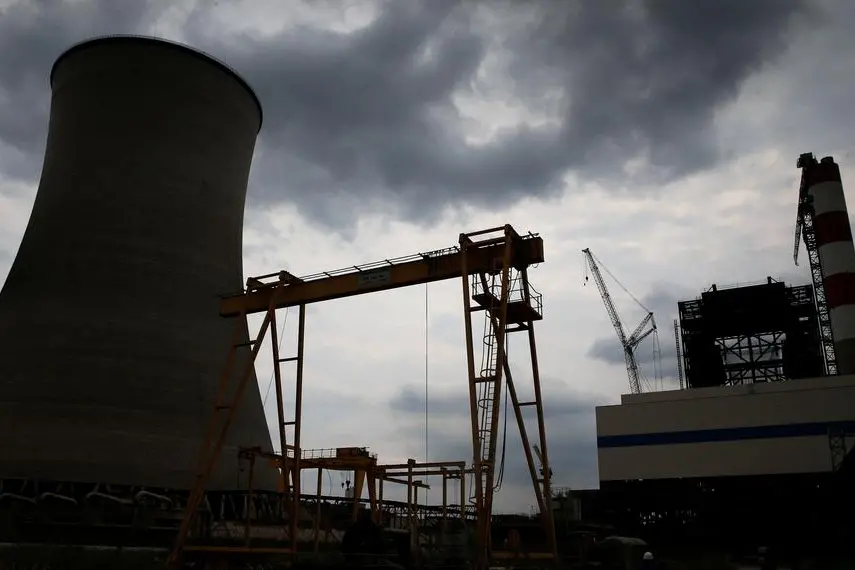PHOTO
SINGAPORE - China's local governments approved at least 20.45 gigawatts (GW) of new coal power capacity in the first quarter of 2023, more than the whole of 2021, with energy security still outweighing climate concerns, environmental group Greenpeace said on Monday.
Although China has promised to start cutting coal consumption in 2026, provincial authorities have rapidly accelerated new coal power project approvals since a wave of economically damaging blackouts in September 2021.
A punishing drought last year also saw hydropower volumes dwindle, making local authorities even more wary of relying on renewable sources of energy.
But critics say China already has a surplus of coal power capacity and that power outage risks should be resolved by more grid investment and reforms to the pricing system.
"China's electric grid doesn't lack generation capacity," said Greenpeace climate and energy campaigner Xie Wenwen. "The grid lacks adequate flexibility and responsiveness. These problems will continue to inhibit electricity transfer and storage until we face them head on."
China approved more than 90 GW of new coal-fired capacity last year, Greenpeace estimated after reviewing official project documents and environmental impact assessments, and Xie said it was at risk of locking itself into a "high-carbon pathway".
New coal approvals could have exceeded 100 GW last year, four times more than 2021 and the highest since 2015, according to a February research report by the Centre for Research on Energy and Clean Air (CREA) and Global Energy Monitor (GEM).
With record amounts of renewable power also being connected to the grid, China's new coal-fired plants are designed to play the role of back-up suppliers during peak demand periods.
That means that capacity utilisation will continue to fall and carbon emissions might not necessarily increase, said William Chia, a researcher with S&P Global Commodity Insights.
"The decline in capacity factor and retirements of coal plants means that China's power sector emissions will likely peak as early as 2024," he said.
(Reporting by David Stanway; Editing by Jamie Freed)





















